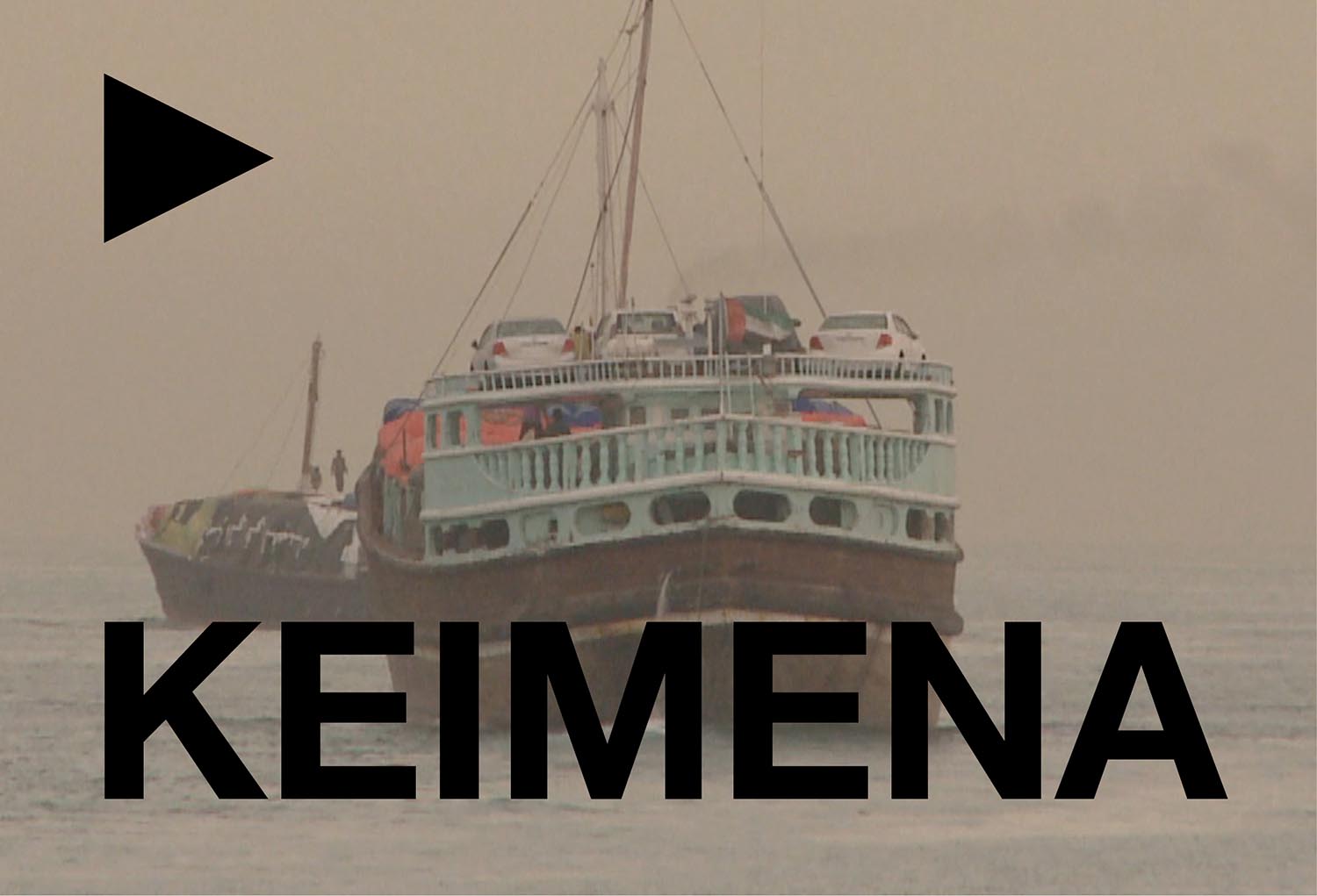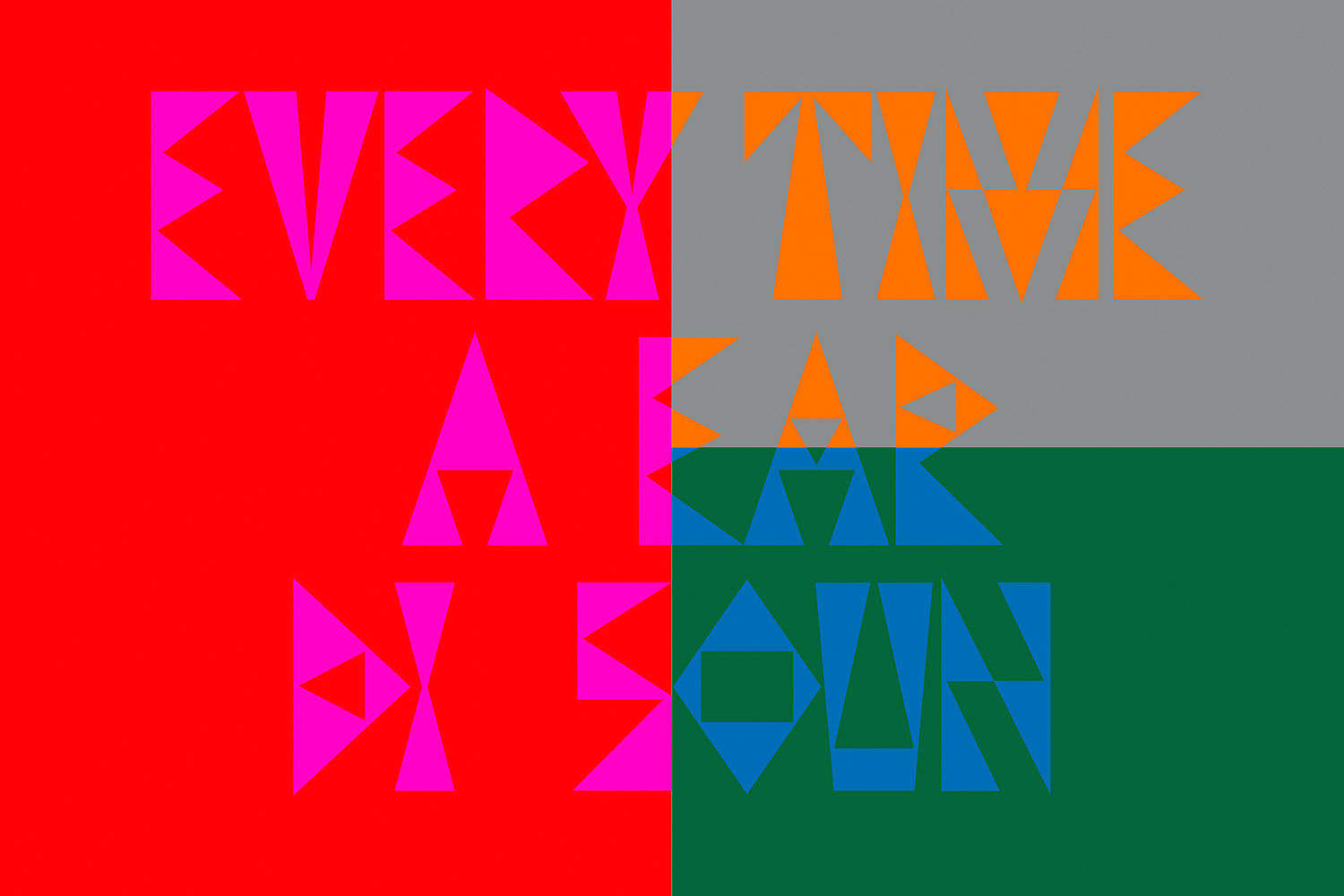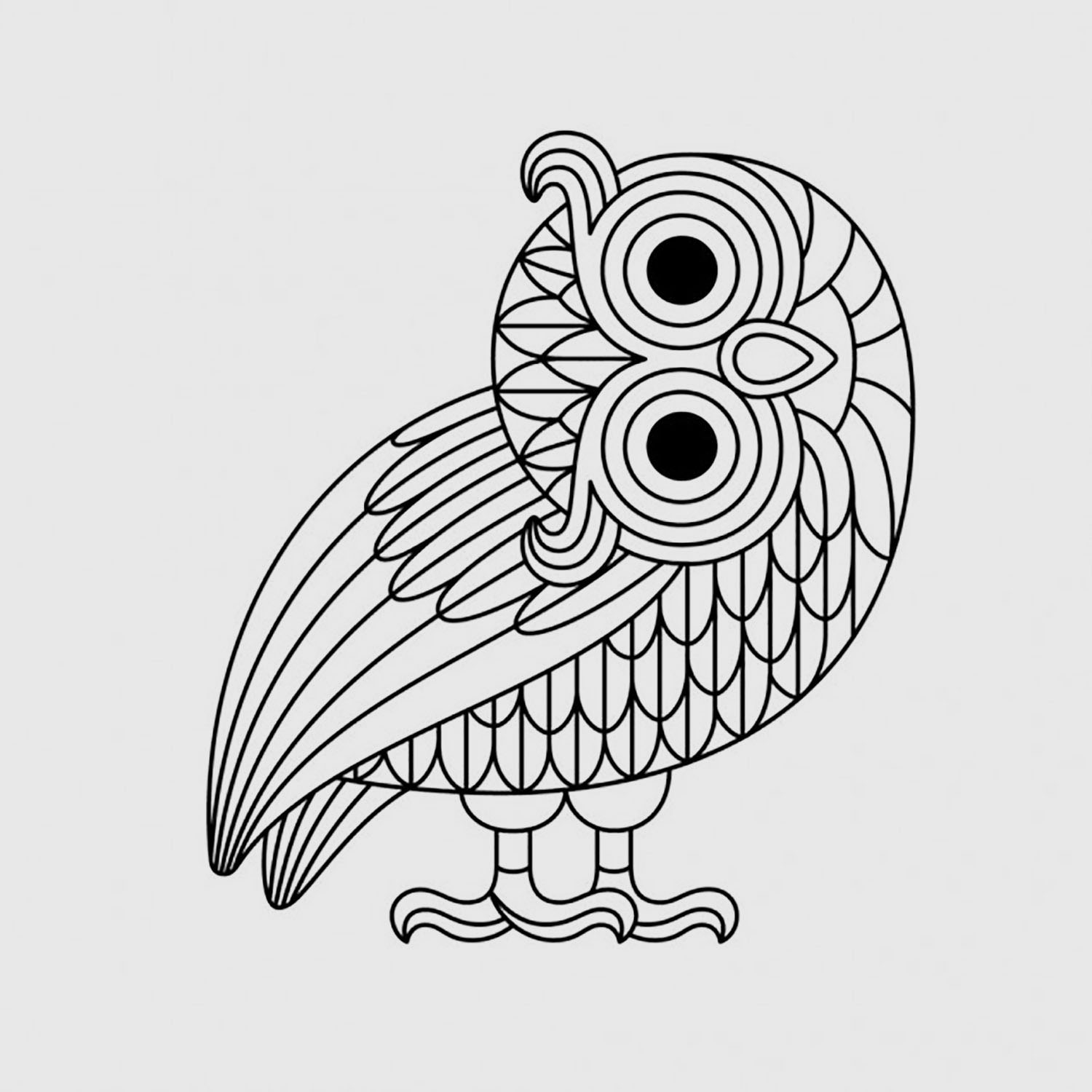Founded in 2012, South as a State of Mind is a biannual publication overseen by Marina Fokidis’ Kunsthalle Athena. After publishing five editions between 2012 and 2014, the three most recent issues have served as journals intended to accompany Documenta 14, defining and framing the aims and concerns of the exhibition.
Described as a “manifestation” of Documenta, rather than a discursive lens through which to view the exhibition’s topics, the three editions have nevertheless adopted the publication’s preexisting and politicized aims, just as Fokidis herself has transitioned into the role of a key curatorial advisor to the exhibition.
The title derives from an ambition to question the stereotypes of “the South” which, as the editors put it, “contaminate the prevailing culture with ideas that derive from southern mythologies” such as temperate climate, corruption and general chaos. The publication sets out to suggest that, rather than existing as a series of physical locations, “South” is in fact a state of mind. Its central hypothesis renders it an apt mouthpiece for Documenta, at the same time raising the question of whether the exhibition was drawn to the region out of curiosity regarding the South.
In its tome-like form, South as a State of Mind employs a variety of paper stocks, while maintaining a consistency of design across the editions that mirrors the approach of all Documenta communications. Yet its content is more striking, comprising diverse and quixotic writings alongside artistic projects. The third Documenta edition focuses on the notion of language as necessity, alongside consumption and hunger as political and aesthetic fields. These include a heartbreaking account by Neni Panourgia of the famine that gripped Greece during and following the Second World War, punctuated by contemporaneous illustrations, and concluding with a description of contemporary Greek poverty; Ross Birrell’s photo series depicting the artist tossing philosophical texts into bodies of water, embodying an “Angel of Post-History”; as well as a fascinating interview with Guatemalan composer and sound artist Joaquín Orellana, who has recently presented his Sinfonía desde el Tercer Mundo (Symphony from the Third World) at Documenta, a work that reflects the atrocities committed in Guatemala by the counterinsurgency against indigenous and mixed-race populations.
As Documenta 14 unfolds, these and other publications will represent an increasingly important body of archival material reflecting on attendees’ discussions. They serve to inspire further dialogue as this whirling discourse begins to solidify.





